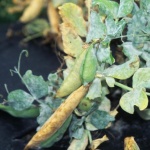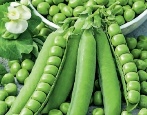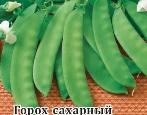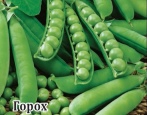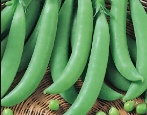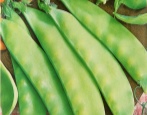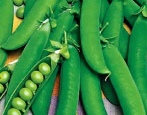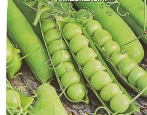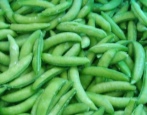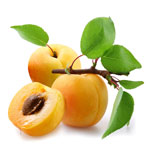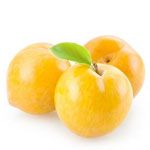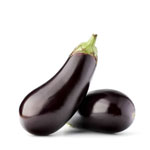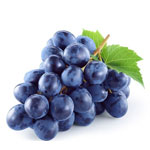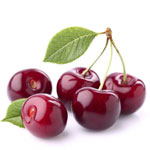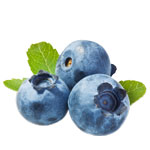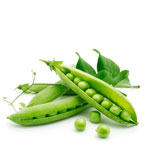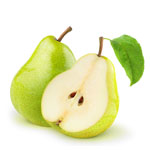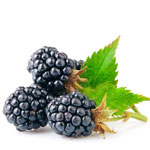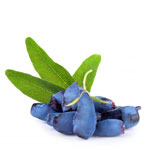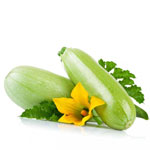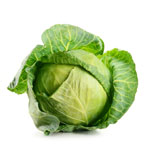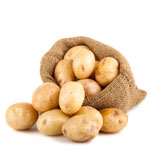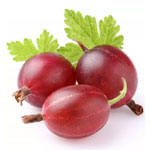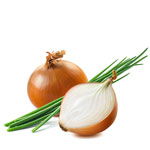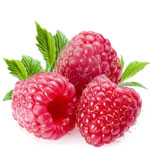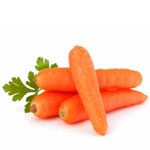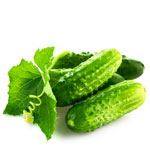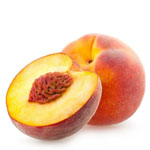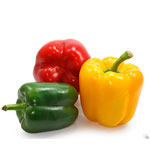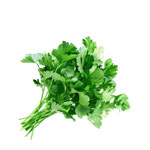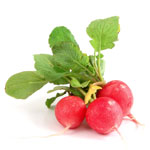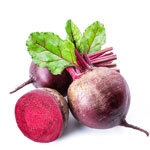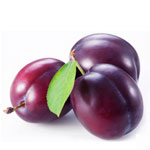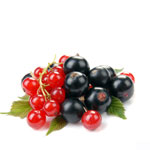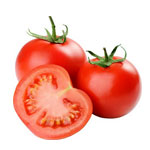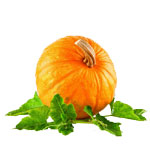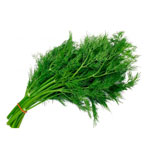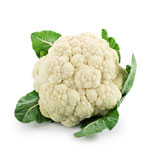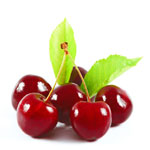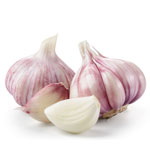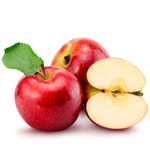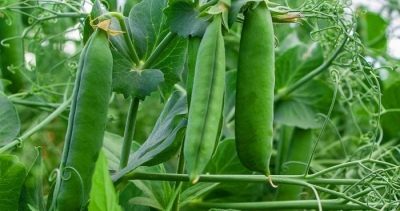
- Name synonyms: Afilla
- Ripening terms: early
- View: peeling
- Stem length, cm: 50-55
- Sheet: converted to mustache
- Appointment: for fresh consumption, for canning, for home cooking, for freezing
- Bean coloring at the stage of technical ripeness: dark green
- Number of seeds in a bean: 6-9
- Powdery mildew resistant: stable
- Bob size: large
Afilla peas are loved at any age, they contain a lot of vegetable protein, so they can even replace beef. It is not difficult to grow a variety, it is only important to follow the rules of agricultural technology.
Description of the variety
In this variety, foliage is transformed into antennae, so it can be grown without organizing supports.
Peas also have another name - Afilla. This variety belongs to the peeling species.
Characterization of the appearance of plants, beans and seeds
Afilla is a tall plant whose stem can reach 50-55 cm.
The peas are quite large when ripe and have a dark green color. A bean forms from 6 to 9 seeds.
Purpose and taste
Afilla is prized for its amazing taste and pleasant sweetness. The fruits of the variety are suitable for fresh consumption and behave well in conservation. Peas can be frozen without losing their beneficial qualities.
Ripening terms
In terms of ripening Afilla is an early variety.
Yield
The yield of this variety can be assessed as decent.
Growing and care
To get a timely harvest, it is necessary to sow Afilla peas in early May. A widely used scheme is 15-20x3 cm. The seed is immersed in the soil by 3-5 cm. The place should be sunny and not blown out.
Afilla's seeds must be sown when the surface temperature reaches approximately +2 degrees. The reason for this early sowing is the rather specific development of the plant. If the work is too late, instead of creating the strong green mass needed to feed subsequent pods, the cultivar will focus on flower release.
It is not recommended to sow Afilla peas for 5 years in a row in the same place, as this can lead to the infection of plantations with various kinds of diseases.
The key procedure for caring for this variety is to remove weeds, which will slow down the plant's growth rate. For this purpose, harrowing is ideal, but it should be carried out when Afilla reaches at least 5 cm in height. It is permissible to use safe herbicides that are applied after germination.
When fertilizing the soil for growing these peas, try to use fertilizer mixtures with a low nitrogen content, since the growth on the roots of this plant allows you to consume this element from the atmosphere. The most desirable element will be molybdenum. It is recommended to give Afille mineral dressing both in early spring, before sowing seeds, and afterwards.
Afilla reacts sharply to lack of moisture in the soil, especially during flowering and fruiting. The soil should be constantly moist, but waterlogging should not be allowed, since then the plant is affected by fungal diseases. After watering, it is recommended to loosen the soil.

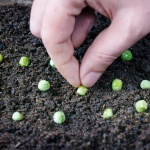
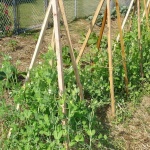
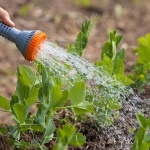
Soil requirements
The Afilla variety has a special relationship to the soil where it grows. The soil must be non-acidic and preferably loose.
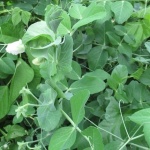
Disease and pest resistance
Afilla has good resistance to such a common disease as powdery mildew.
The fight against fungal diseases or pests when growing Afilla should be carried out with extreme caution. First, after the first symptoms are found, one should turn to industrial preparations that have fungicidal or insecticidal properties.
Among the threats that may appear when growing Afilla peas are: viral - mosaic, fungal - rust, root and stem rot, fusarium wilting, black spot. This variety is also affected by pests. Among them, aphids are most often encountered. A folk remedy - garlic infusion helps to get rid of it.
Some diseases when grown in Afilla's garden can be prevented even at the sowing stage by treating the seeds with appropriate anti-fungal drugs.
